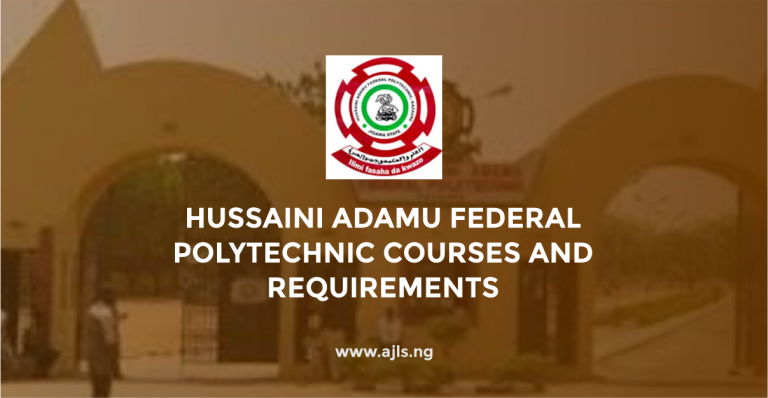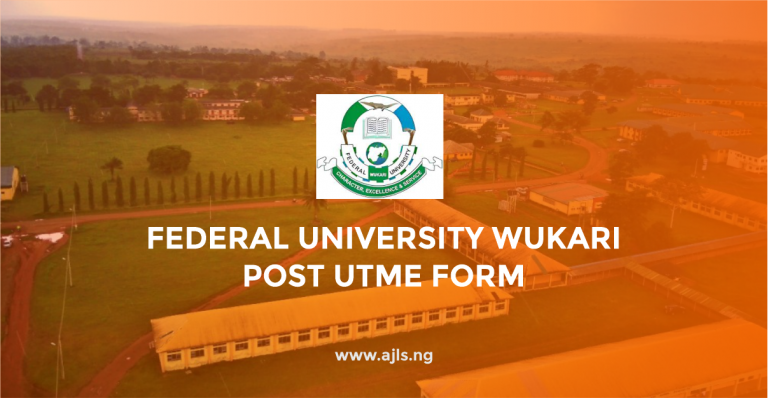WAEC Syllabus for Agricultural Science 2025

Are you a secondary school student preparing for the upcoming West African Examination Council? If yes, then you might need a structured guide to help students understand all that you need to know about Agricultural Science, which is the backbone of food production, economic development, and environmental sustainability.
Agricultural Science as a subject in the West African Senior School Certificate Examination (WASSCE) covers various topics, from soil management and crop production to animal husbandry and modern agricultural technologies. Mastering this syllabus is essential for students who wish to excel in the WAEC examination and pursue careers in agriculture, agribusiness, or related fields.
Understanding the WAEC syllabus for Agricultural Science is crucial for effective preparation. This guide provides a detailed syllabus breakdown, helping students focus on key areas, improve their study plans, and achieve excellent results. Below, we outline the core topics covered, recommended textbooks, and tips to help you succeed.
Objectives of the WAEC Agricultural Science Syllabus
The WAEC syllabus for Agricultural Science is designed to:
- Equip students with a solid understanding of the principles and practices of agriculture.
- Develop problem-solving skills related to food production and resource management.
- Foster an appreciation for the role of agriculture in economic development.
- Encourage students to apply scientific knowledge to improve agricultural productivity.
- Prepare students for higher education and careers in agriculture and related fields.
WAEC Syllabus for Agricultural Science Breakdown
The syllabus is divided into major sections, ensuring a comprehensive coverage of agricultural knowledge. Below is an outline of the core topics:
1. General Agriculture
- Definition and branches of agriculture
- Importance of agriculture in the economy
- Problems and prospects of agricultural development
- Roles of science and technology in agriculture
2. Agricultural Ecology
- Agricultural ecology and its importance
- Environmental factors affecting agricultural production
- Ecosystem components and their interactions
3. Soil Science
- Soil formation and profile development
- Soil types and properties
- Soil conservation and management practices
- Soil fertility and nutrient cycle
4. Crop Production
- Classification of crops
- Methods of crop propagation
- Crop husbandry (cultivation practices, pest and disease control, harvesting)
- Storage and marketing of agricultural products
5. Animal Production
- Livestock classification and breeds
- Animal husbandry practices
- Animal nutrition and feed formulation
- Common livestock diseases and control measures
6. Agricultural Engineering and Mechanization
- Farm tools and equipment
- Farm machinery and maintenance
- Land preparation techniques
- Irrigation and drainage systems
7. Agricultural Economics and Extension
- Basic economic principles in agriculture
- Farm management and budgeting
- Marketing of agricultural products
- Agricultural extension services and rural development
Practical Component
The WAEC Agricultural Science syllabus also includes a practical aspect to test students’ hands-on knowledge. Practical topics include:
- Identification of soil types, crops, weeds, pests, and diseases
- Demonstration of simple farm practices
- Handling and use of farm tools and equipment
- Livestock management techniques
Recommended Textbooks
To ensure adequate preparation, students should study recommended textbooks such as:
- “Essential Agricultural Science” by O.A. Iwena
- “Senior Secondary Agricultural Science” by C. N. Anyanwu
- “WAEC Past Questions and Answers for Agricultural Science”
Study Tips for Success in WAEC Agricultural Science
- Understand the syllabus: Focus on all outlined topics and practical components.
- Use past questions: Practice WAEC past questions to familiarize yourself with the exam pattern.
- Engage in practicals: Hands-on experience with farming activities enhances understanding.
- Take notes: Summarize key points from your textbooks for easy revision.
- Join study groups: Discussing with peers can improve retention and understanding.
Conclusion
Agricultural Science is an exciting and essential subject that plays a vital role in global food security and economic development. By mastering the WAEC syllabus and following the study tips provided, students can confidently approach their exams and secure excellent grades. We hope this information has been very helpful to you. If you have any other questions or need further clarifications, please notify us via the comment section below, and we will do our best to respond. Start preparing today, and open the doors to a promising future in agriculture!





